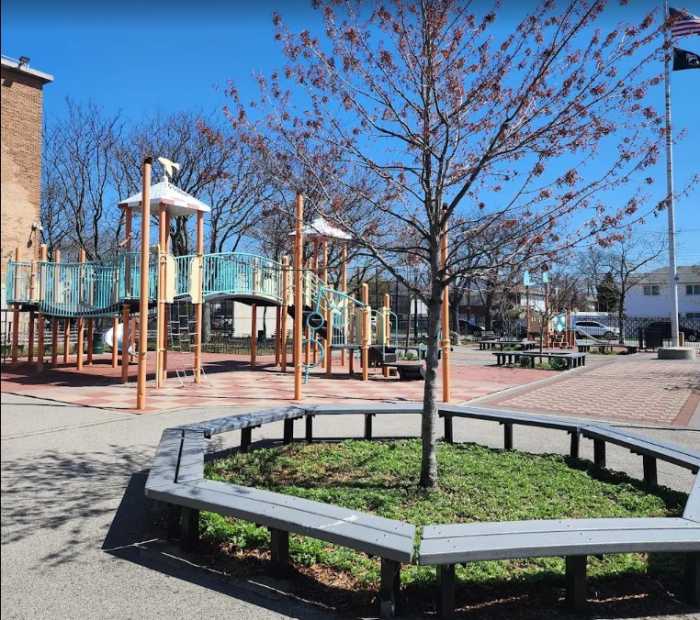By Tien-Shun Lee
Ninth in a Series
With the increase in unemployment and decline in the economy more elderly Queens residents are turning to senior centers and emergency food programs for their meals, particularly those who rely on younger family members to supplement their Social Security incomes.
“From our members, I would say there are approximately 75 percent that depend on the center for food,” said Linda Ferrante, the director of the Pomonok Senior Center in Flushing, which asks for voluntary donations of $1.25 for a hot lunch. “There has definitely been an increase in the number of people coming to the center.”
According to Robyn Stein, a spokeswoman for City Harvest, an organization that collects donated food and delivers it to emergency food programs, 62 percent of emergency food agencies reported serving more seniors in 2001 than they had before.
In addition to financial problems, seniors also have needs that are different from the typical adult population because they are more prone to getting sick, and some have a harder time carrying their food home from supermarkets and grocery stores.
“If you’re by yourself, you’re not going to cook, and the older you get, the more aches and pains you have,” said Ferrante. “The older you get, the harder it is for the body to absorb the nutrition even if you are eating properly.”
Ferrante said the meals that seniors eat at her senior center are probably the only meals that they eat all day. For that reason, the city Department of Aging has a very strict menu approval process that tries to ensure that seniors are served nutritious and appealing meals.
“Seniors truly do depend on the centers. I’ve had people tell me repeatedly that it gives them a reason to get out of bed in the morning,” said Ferrante. “If they didn’t have them, their health would go down, first of all.”
Stein said an estimated 55 percent of seniors admitted to hospitals are suffering from malnutrition, possibly because they cannot afford the right foods or need help understanding what they should be eating.
“People on limited food budgets frequently resort to low-cost, high-fat, processed starch and sugar foods, which make them feel fuller,” said Stein. “Over the long term, an inadequate diet may lead to heart disease, hypertension, obesity, loss of muscle mass and fatigue.”
In addition to turning to senior centers for food, an increased number of elderly are also turning to food pantries.
At the Rego Park site of the AIDS center of Queens County, which operates three food pantries in Queens, site coordinator Judy Pedraza said that there had been a steady increase in the number of elderly coming to pick up food.
Out of all the people coming to pick up food, the percentage of elderly served increased from 8.4 percent in June 2002 to 24.5 percent in December 2002, said Pedraza.
“I suspect that a family member that might have been working lost their job,” said Pedraza. “Since the 9/11 disaster, we’ve really had a tremendous increase in the number of people coming from the community. A lot of people have lost their jobs because of layoffs and cutbacks.”
Pedraza said the typical budget for an elderly person relying on Social Security checks for income was about $700 a month, which allows little money for food after paying for rent and utilities.
Reach reporter Tien-Shun Lee by e-mail at Timesledger@aol.com, or call 1-718-229-0300, ext. 155.




































